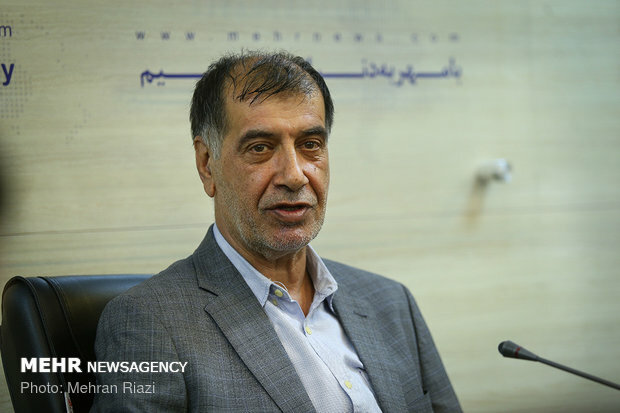Ex-lawmaker rejects idea of referendum on FATF

TEHRAN – Former senior lawmaker Mohammad Reza Bahonar has rejected the notion of putting to a referendum accession to the FATF, saying such decisions should be decided by the country’s diplomatic body.
“In such issues, holding a referendum is basically meaningless,” Bahonar said in an interview with the Mehr news agency published on Saturday.
“Imagine if we wanted to decide whether to have relations with say Turkey or not, and we put this issue to a referendum; If the people voted in favor of this decision, Turkey would exploit this and would be able to bully us in every way.”
Bahonar, a politician close to the principlist faction, said the constitution has made it clear that the diplomatic apparatus is responsible for foreign policy issues and the Supreme National Security Council is tasked with supervising.
Those people who put such proposals forward should know that holding a referendum on such issues is completely harmful, he added.
The FATF announced on February 22 that Iran has until June to fix its anti-money laundering and terrorism financing rules or face increased international scrutiny of its banks.
In October 2018, the global watchdog had given Iran until February to complete an action plan of reforms that would bring it in line with global norms, or face consequences.
The FATF concluded at its February 22 meeting that “there are still items not completed” and said in a statement it “expects Iran to proceed swiftly in the reform path”, according to Reuters.
One of the actions Iran is required to take to appease the FATF is joining the United Nations Convention against Transnational Organized Crime (UNTOC), which is also called the Palermo Convention, a 2000 United Nations-sponsored multilateral treaty against transnational organized crime.
The other action is to ratify the CFT, the convention combatting financing of terrorism.
On October 7, 2018, the parliament voted in favor of the CFT. However, the oversight Guardian Council rejected the bill by finding 22 faults with it.
To become a law, the Guardian Council should vet the bill for compliance with the Constitution.
In cases when the parliament and the Guardian Council disagree on a bill, the issue is referred to the Expediency Council for final arbitration. The bill is now under study by the Expediency Council.
MH/PA
Leave a Comment